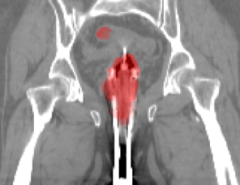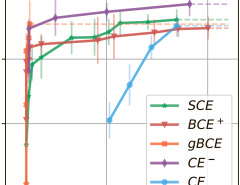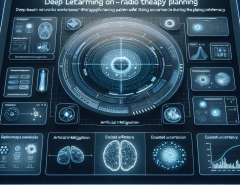Authors: Han-Xiao Tao, Jiaqi Hu, Re-Bing Wu
Published on: February 05, 2024
Impact Score: 8.22
Arxiv code: Arxiv:2402.0288
Summary
- What is new: Investigates pulse-based quantum machine learning models on NISQ devices as an alternative to gate-based models, highlighting their enhanced expressive power.
- Why this is important: Gate-based quantum machine learning models are limited in expressivity due to restrictions in circuit depth within finite coherence time on NISQ devices.
- What the research proposes: Introducing pulse-based models that allow for the construction of ‘infinitely’ deep quantum neural networks within the same coherence time, utilizing quantum control theory.
- Results: Demonstrated that pulse-based models have greater expressive power by approximating arbitrary nonlinear functions and showing improvement in numerical simulations with longer pulse length or more qubits.
Technical Details
Technological frameworks used: Quantum control theory
Models used: Pulse-based quantum neural networks
Data used: Numerical simulations
Potential Impact
This research could influence sectors relying on complex quantum computations like cryptography, pharmaceuticals, and data analytics companies by providing more powerful QML models.
Want to implement this idea in a business?
We have generated a startup concept here: PulseNet Quantum.



Leave a Reply